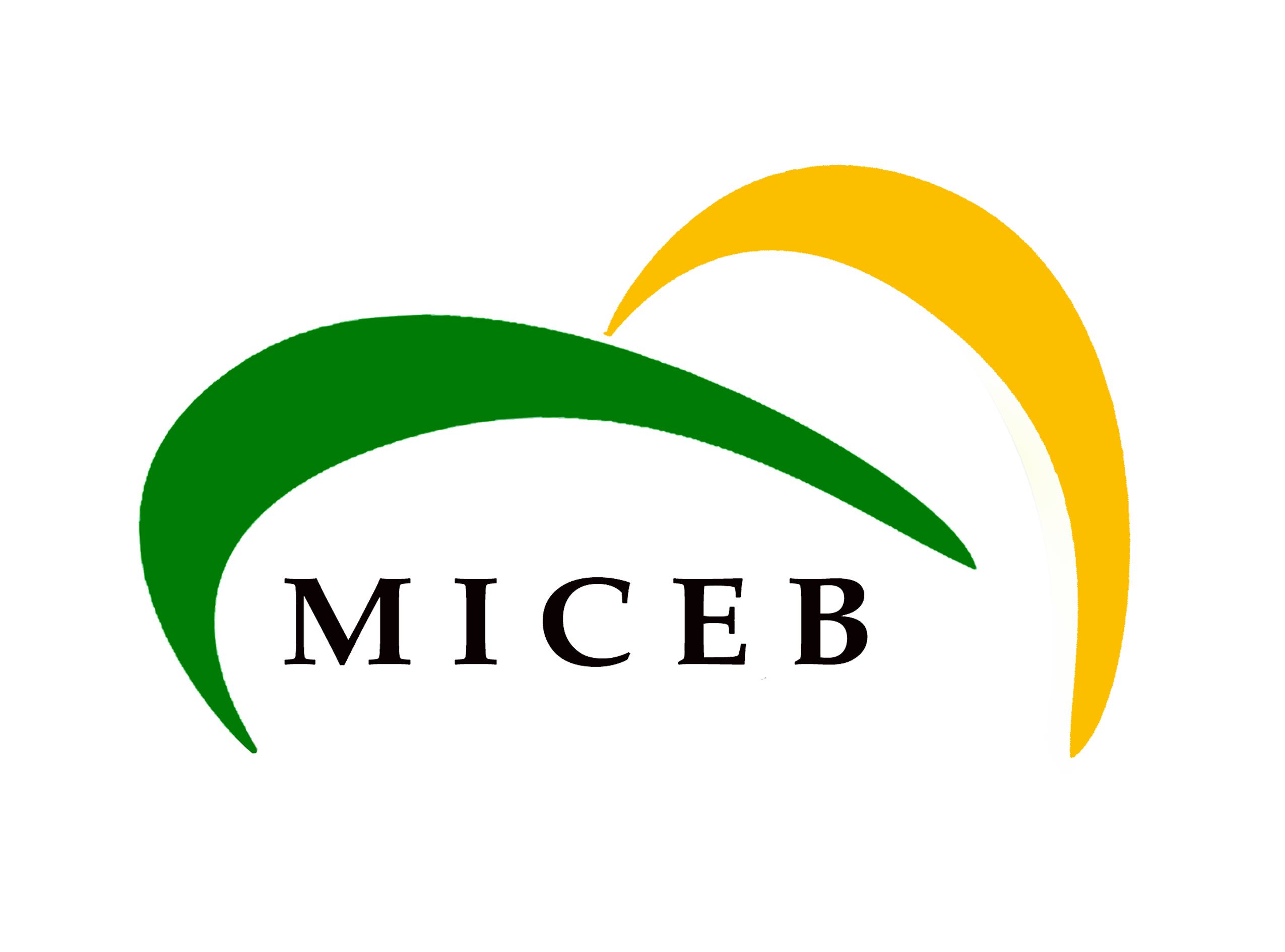The Mulawarman International Conference on Economics and Business (MICEB) of 2017 covers five major thematic groups. Within each groups, several topics will be subject of discussion. Yet it is open for another relevant topics:
A. Economics
Macroeconomic performance and policy, economic valuation on natural resources, environmental economics, public finance and fiscal decentralization, structural change and sectoral growth, industrialization and de-industrialization, impacts of globalization, finance and economics, and regional development: urban growth, mega cities, regional autonomy, demography, competitiveness and decentralization, poverty and inequality, human development, community empowerment, ASEAN economic community, small medium enterprises, industrial clusters and growth, creative economy, rural and community development, economic of tourism, and other related topic of economics.
B. Management
Management information system, organizational development, innovative business models & organizational change, knowledge management, best practices to manage human capital, global human resource management, human resource planning, competency mapping, compensation, employer branding, organization structure, leadership, organization theory, organizational learning, innovation and technology management, quality management, managing operations across the supply chain, total quality management, six sigma initiative, new product development, business administration, and other related topic of management.
C. Accounting
Corporate finance and governance, cost management, finance & investment, financial markets and institution, IFRS, financial engineering, foreign exchange markets, mutual funds management, portfolio management, regulations of financial markets, accounting and finance, behavioral accounting and finance, managerial accounting, electronic finance, financial markets and derivatives, financial services management, accounting information system, taxation, auditing, islamic accounting and finance, public sector accounting, public policy in business and accounting, public sector performance management, and other related topic of accounting.
D. Islamic Economics and Business
Islamic banking and capital market, governance of islamic financial institutions, payment system/non-bank financial institutions (NBFIs), takaful and risk management of islamic financial institutions, islamic social finance, microfinance financial inclusion, financial literacy impact of financial innovations on islamic finance, islamic ethics, and other related topic of Islamic economics and business.
E. Green Business
Business ethics, corporate social responsibility, environmental protection, consumer protection, green logistics, and other related topic of green business.





